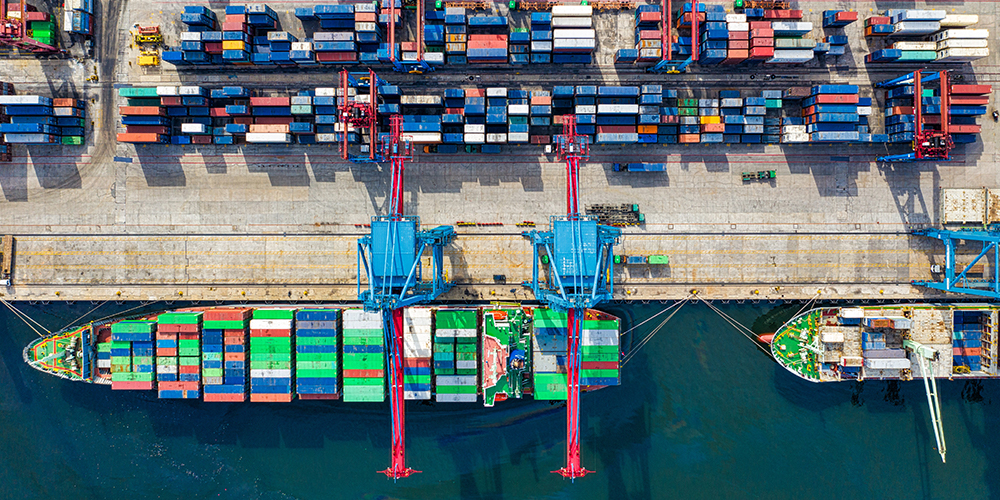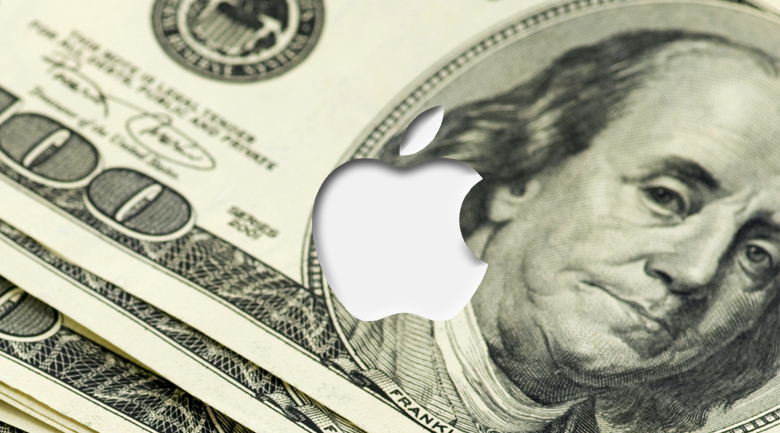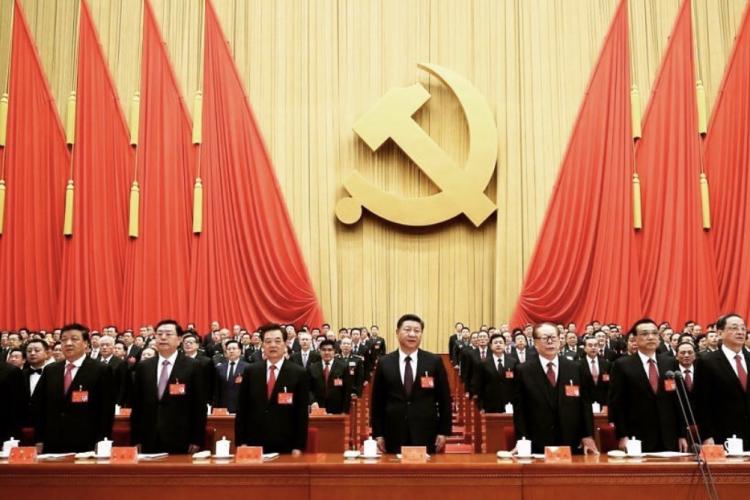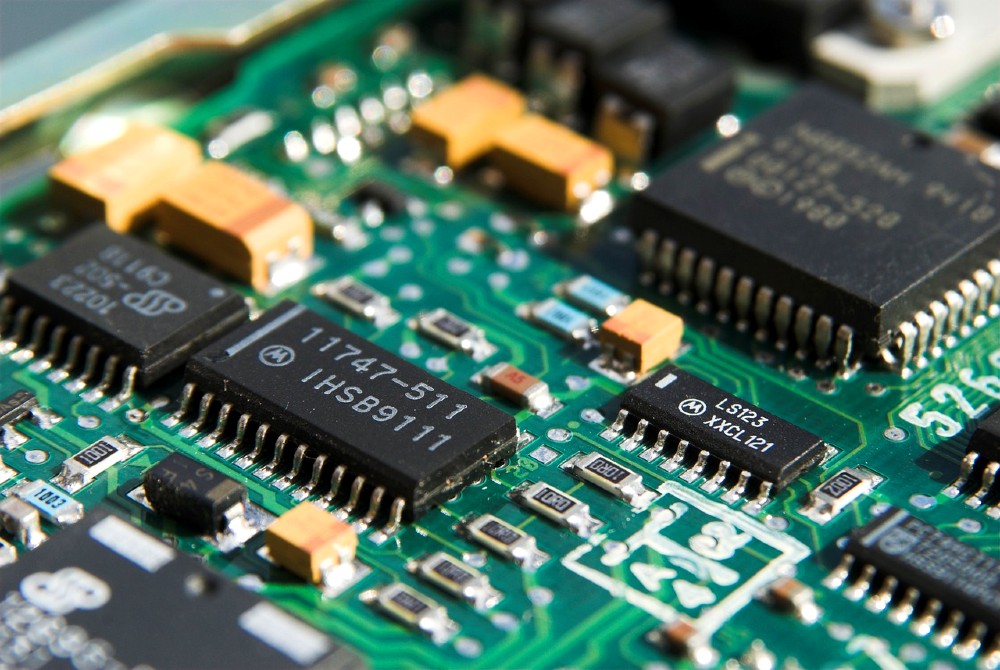After 8 years and much wrangling, China and 14 other countries have signed the world’s largest trade deal: The Regional Comprehensive Economic Partnership (RCEP). The deal will create an Asia-Pacific free-trade bloc bigger than the European Union and the US-Mexico-Canada Agreement.
During Sunday’s virtual event from Hanoi, Chinese Premier Li Keqiang called it “a ray of light and hope amid the clouds” of the economically devastating pandemic. Others call it a coup for China that makes the country an even bigger dog in the region.
Here’s what you should know.
Who’s in it?
Fifteen countries: Australia, Brunei, Cambodia, China, Indonesia, Japan, Laos, Malaysia, Myanmar, New Zealand, the Philippines, Singapore, South Korea, Thailand, and Vietnam. India pulled out because of concerns about cheap Chinese goods entering the country.
Just how big is it?
RCEP covers a lot of money and a lot of people. Some numbers:
- It covers nearly 30% of the world’s population (2.2 billion people).
- The combined GDP of members is $26 trillion.
- About 28% of global trade flowed through member countries in 2019.
- The Brookings Institution projects it to add $209 billion a year to world incomes and $500 billion to world trade by 2030.
What’s in it?
Provisions address tariffs, import-export regulations, intellectual property, and more. Unlike the E.U., there are no environmental protections or provisions for labor rights.
What’s the goal?
The main aims are boosting trade by lowering tariffs while healing the devastating economic ills caused by the pandemic.
It also means cutting red tape by letting companies export products within the bloc under a standard set of regulations, another cost cutter.
The deal “will play an important role in building the region’s resilience through inclusive and sustainable post-pandemic economic recovery process,” members said in a joint statement.
What about the impact on the U.S.?
The United States is not included. President Donald Trump, who has often sparred with China, pulled the U.S. out of the Trans-Pacific Partnership in 2017, making U.S. involvement a non-starter.
However, U.S-based multinational companies that have subsidiaries in or a supply chain involving member countries could reap lower costs.
It’s a big deal, but is it a Big Deal?
Maybe. Maybe not. Some analysts see it as “so unambitious as to be largely symbolic,” says The Economist. But others call it “an important building block in a new world order, in which China calls the shots all over Asia.”
What’s next?
Nine nations must ratify it before it kicks in, which could be tricky, says BBC.com. China isn’t exactly the most popular country in the region.
As for the U.S., it’s possible RCEP will spur the U.S. to join the TPP’s successor, the even longer-named Comprehensive and Progressive Agreement for Trans-Pacific Partnership (CPTPP). But China isn’t exactly popular with American voters, either, so it remains to be seen whether the Biden administration will see it as a priority.
Lisa Wyatt Roe is an Austin writer and editor whose work has been featured on CNN.com/Travel, in Texas Parks & Wildlife Magazine and in the book “Seduced by Sound: Austin; 100 Musicians on Why They Make Music.” Travel and live music feed her soul. Volunteering with refugees feeds her sense of purpose. And making friends laugh feeds her deep (yet possibly sad) need to get all the laughing emojis on Facebook.










































Pingback: “Run it Hot” policy expected under Biden administration - The American Genius